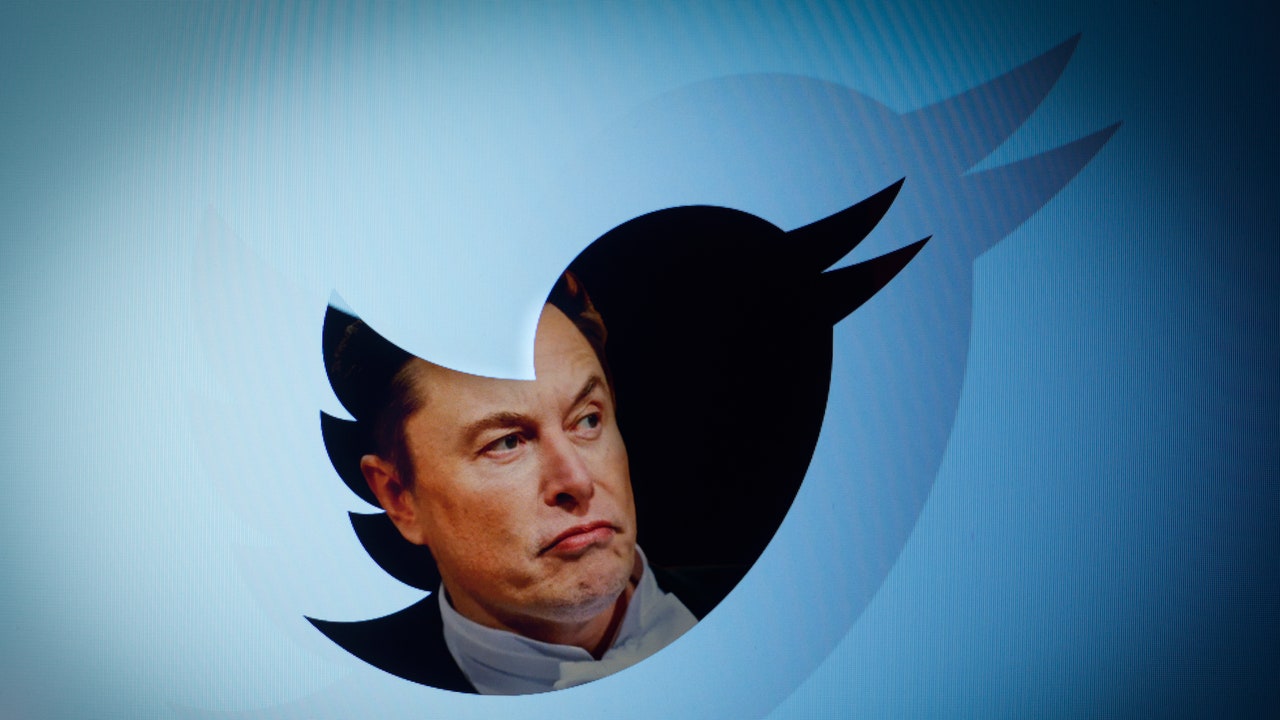On Thursday night, Elon Musk suspended the Twitter accounts of about a half dozen journalists, including several who cover him, and his company, for The Washington Post, CNN, and The New York Times. The sudden purge—what looks like blatant censorship of the press on Twitter, a purchase Musk purportedly made in the name of free speech—has rattled the media, with some questioning if news outlets will reassess their relationship to the platform.
“News organizations like the NYT already had mixed feelings about their reporters using Twitter and if you can now be suspended from Twitter for doing fairly straightforward reporting, you have to wonder if that’s the tipping point,” tweeted FiveThirtyEight founder and Times alum Nate Silver. “News Org leaders: You know you need an alternative social media plan. If this doesn’t make you leave, the next thing will. Or the very very bad thing after that. Might as well start now,” said journalist Adam Davidson, who started journa.host, a journalist-only server on Mastodon, one of the Twitter alternatives that’s gained popularity since Musk’s takeover.
Musk claimed he suspended the journalists because they had violated his “doxxing” policy, but as Axios’s Sara Fischer noted Friday morning, what the journalists did—sharing links to an account that had publicly available information about Musk’s jet location—is not doxxing, the practice of publishing private information, such as someone’s address, email, or phone number, presumably with bad intent. “The challenge here is there is no consistency,” Fischer said of Musk’s policies. As my colleague Caleb Ecarma noted Thursday, Musk said last month he wouldn’t ban a Twitter bot that used publicly available flight records to track his private plane due to his “commitment to free speech,” only to suspend the account this week and threaten legal action against its 20-year-old creator.
This kind of uneven rule enforcement has only heightened anxieties among journalists, some of whom have been jumping to Twitter alternatives like Post.News and Mastodon. On Friday morning, Davidson told me journa.host had “seen a huge uptick just in the last few hours,” and that the server has “thousands of members” and “hundreds more each day. The growth is, well, growing.”
In light of Musk’s crackdown on those who have covered him, news organizations may be reconsidering their relationship with Twitter, a platform that has been inextricably linked to the news cycle for more than a decade. It’s a question CNN’s Oliver Darcy raised Thursday evening, and one I posed to the Times and the Post on Friday morning. Both declined to comment beyond the statements they put out last night about the bans on their journalists, Ryan Mac and Drew Harwell, respectively. CNN, too, put out a statement Thursday night following the suspension of Donie O’Sullivan, in which the organization said they would “reevaluate our relationship” with Twitter based on the company’s response to “the impulsive and unjustified suspension of a number of reporters.” Executives at CNN are engaged in active conversations about what steps could be taken, according to a source familiar with discussions.
One possible step news organizations could take is pulling ad dollars by dropping out of partnership agreements with Twitter—from the financial standpoint, organizations like ABC, which is part of Disney, and CNN, which is part of Warner Bros. Discovery, could have some impact on Twitter’s bottom line. (According to Semafor, news organizations have discussed “dropping out of the Amplify program, in which they post videos to Twitter and share in the revenue, or simply asking their staffers to stop contributing to the service.”) As far as leaving the platform altogether, the most impactful way to do so would be if a number of major outlets agreed to pull their content together. But such collective action is rare in the ever-competitive news business and would ostensibly occur only if Musk banning journalists becomes a recurring issue.
“News organizations have been the lifeblood of Twitter for some time. I mean, that’s what Twitter is,” Darcy said Friday morning. “People go there for real-time information and they look for credible information from journalists at major news organizations. I think it’s going to be interesting to see whether news orgs stand for this.”




